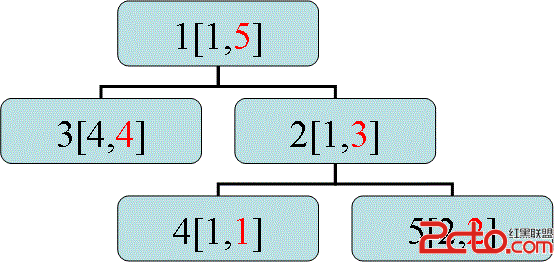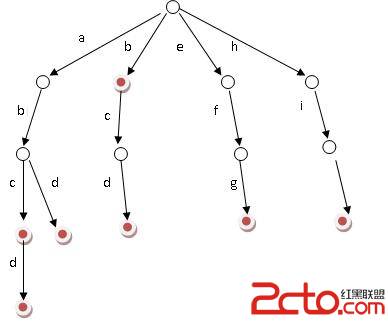poj3254 Corn Fields----dp状态压缩
Corn Fields
Time Limit: 2000MS Memory Limit: 65536K
Total Submissions: 4348 Accepted: 2289
Description
Farmer John has purchased a lush new rectangular pasture composed of M by N (1 ≤ M ≤ 12; 1 ≤ N ≤ 12) square parcels. He wants to grow some yummy corn for the cows on a number of squares. Regrettably, some of the squares are infertile and can't be planted. Canny FJ knows that the cows dislike eating close to each other, so when choosing which squares to plant, he avoids choosing squares that are adjacent; no two chosen squares share an edge. He has not yet made the final choice as to which squares to plant.
Being a very open-minded man, Farmer John wants to consider all possible options for how to choose the squares for planting. He is so open-minded that he considers choosing no squares as a valid option! Please help Farmer John determine the number of ways he can choose the squares to plant.
Input
Line 1: Two space-separated integers: M and N
Lines 2..M+1: Line i+1 describes row i of the pasture with N space-separated integers indicating whether a square is fertile (1 for fertile, 0 for infertile)
Output
Line 1: One integer: the number of ways that FJ can choose the squares modulo 100,000,000.
Sample Input
2 3
1 1 1
0 1 0
Sample Output
9
Hint
Number the squares as follows:
1 2 3
4
There are four ways to plant only on one squares (1, 2, 3, or 4), three ways to plant on two squares (13, 14, or 34), 1 way to plant on three squares (134), and one way to plant on no squares. 4+3+1+1=9.
Source
USACO 2006 November Gold
[cpp]
#include<iostream>
#include<cstdlib>
#include<stdio.h>
#include<memory.h>
#define ll long long
#define maxn (1<<13)
#define mod 100000000
using namespace std;
int n,m;
int dp[15][maxn];//第i行状态为j时满足的方案数。
bool flag[15][maxn];//判断第i行状态为j时是否合法。
int mat[15];
int mm;
void init()
{
for(int i=1;i<=n;i++)
for(int j=0;j<=mm;j++)
{
flag[i][j]=true;
//原来第i行的状态取反与j状态相与为1说明j状态在没草的地方放牛,所以不合法即~mat[i]&j
//判断j状态是否有相邻的两个1,若有即不合法,用j&(j<<1)判断,j<<1即j右移1位
//eg:01101--->11010,相与为1,即可判断出有相邻的1,不合法。
if((~mat[i]&j)||(j&(j<<1)))
flag[i][j]=false;
}
}
int main()
{
while(scanf("%d%d",&n,&m)!=EOF)
{
memset(dp,0,sizeof(dp));
memset(mat,0,sizeof(mat));
int num;
for(int i=1;i<=n;i++)
for(int j=m-1;j>=0;j--)
{
scanf("%d",&num);
if(num==1)mat[i]|=(1<<j);
}
mm=(1<<m)-1;
init();
for(int i=0;i<=mm;i++)
if(flag[n][i]) dp[n][i]=1;//初始化为1
int i,j;
for(i=n-1;i>=1;i--)//自底向上
{
for(j=0;j<=mm;j++)
{
if(!flag[i][j]) continue;
for(int k=0;k<=mm;k++)//枚举i+1行的状态
{
if(!flag[i+1][k]) continue;
if(!(j&k))//i+1行的状态与i行的状态不冲突
dp[i][j]+=dp[i+1][k];
}
dp[i][j]%=mod;
}
}
int ans=0;
for(i=0;i<=mm;i++)
ans+=dp[1][i]%mod;
ans%=mod;
cout<<ans<<endl;
}
补充:软件开发 , C++ ,




